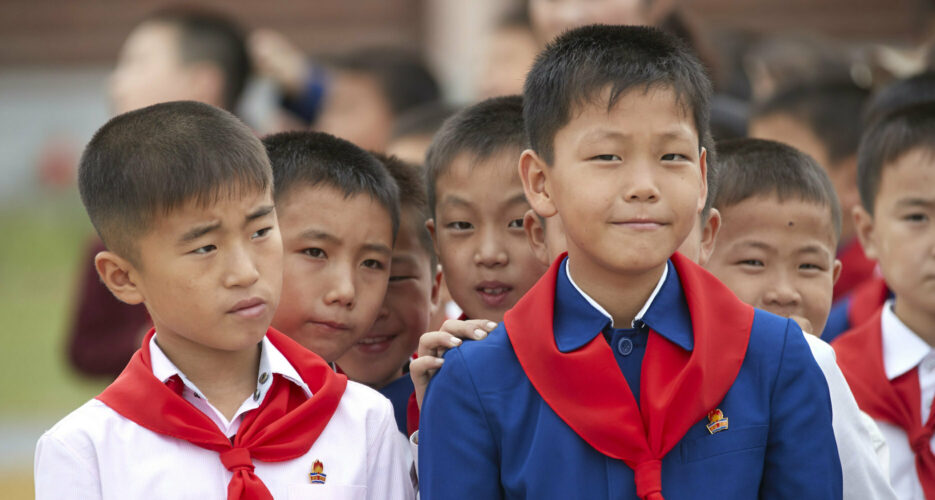During the COVID-19 pandemic, North Korea has grown increasingly isolated as the regime of Kim Jong Un sealed borders and clamped down on the flow of people, information and goods entering and leaving the country. While these recent measures are extreme, they follow a familiar pattern in the DPRK, with periods of international expansion followed by a sharp contraction.
One area in which this cycle has been particularly noticeable is international education. The number of overseas-educated North Koreans is not very large (there are no exact figures; the most recent data from UNESCO counts 1,153 North Korean tertiary-level students abroad) but historically they have played a crucial role in the country’s development, bringing much-needed expertise from abroad.
During the COVID-19 pandemic, North Korea has grown increasingly isolated as the regime of Kim Jong Un sealed borders and clamped down on the flow of people, information and goods entering and leaving the country. While these recent measures are extreme, they follow a familiar pattern in the DPRK, with periods of international expansion followed by a sharp contraction.
One area in which this cycle has been particularly noticeable is international education. The number of overseas-educated North Koreans is not very large (there are no exact figures; the most recent data from UNESCO counts 1,153 North Korean tertiary-level students abroad) but historically they have played a crucial role in the country’s development, bringing much-needed expertise from abroad.
Become a member for less
than $5.75 per week.
Unlimited access to all of NK News: reporting, investigations, analysis
The NK News Daily Update, an email newsletter to keep you in the loop
Searchable archive of all content, photo galleries, special columns
Contact NK News reporters with tips or requests for reporting
Get unlimited access to all NK News content, including original reporting, investigations, and analyses by our team of DPRK experts.
Subscribe now
All major cards accepted. No commitments – you can cancel any time.













